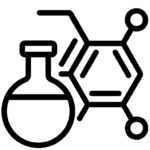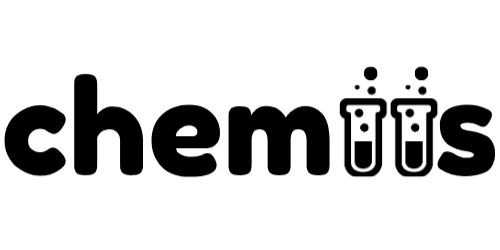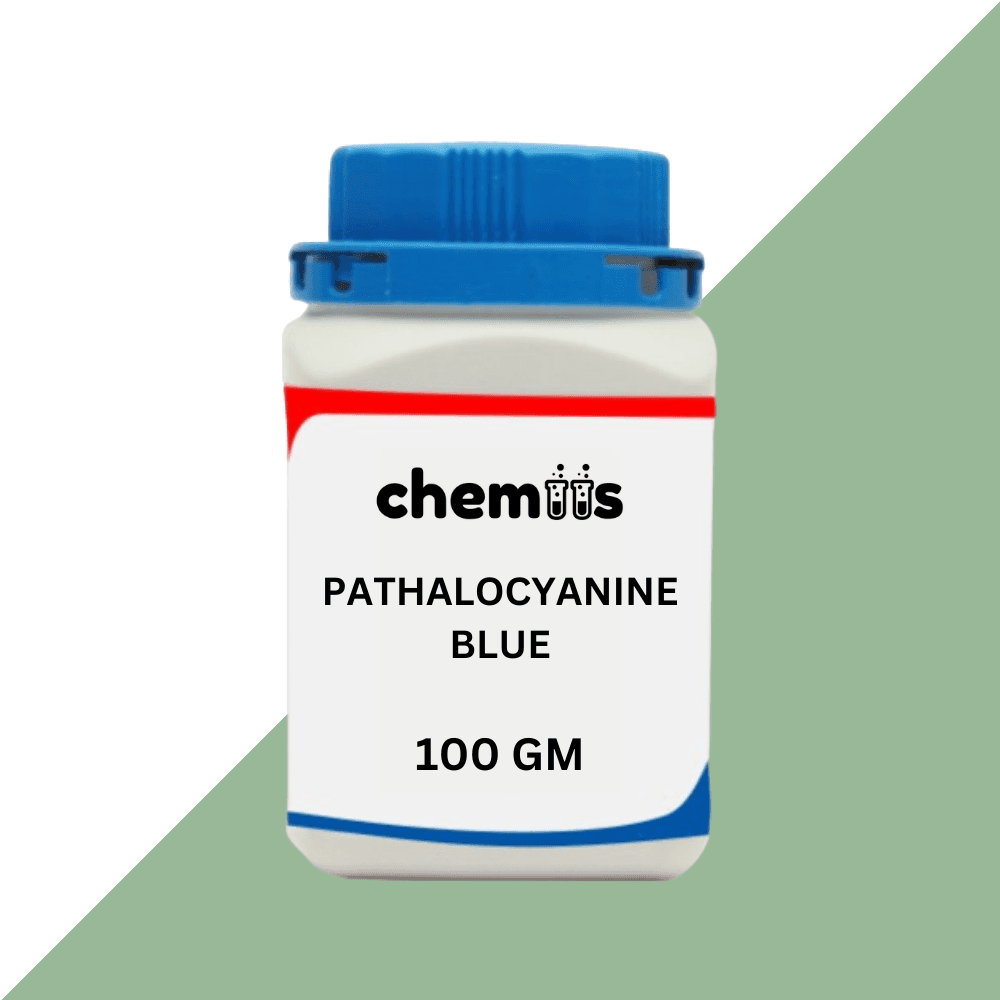Phthalocyanine Blue is an organic pigment renowned for its brilliant blue hue and outstanding stability. It is widely used in a variety of industries, including paints, coatings, plastics, and textiles, due to its exceptional color strength, durability, and resistance to heat, light, and chemicals. Available in several grades, Phthalocyanine Blue is favored for its non-toxic nature and excellent performance across numerous applications.
Applications
1. Paints and Coatings
Phthalocyanine Blue is a popular pigment in the paint and coatings industry due to its vibrant color and stability.
Uses:
- Decorative and protective paints
- Automotive and industrial coatings
Benefits:
- Provides long-lasting, fade-resistant colors
- Enhances durability and visual appeal of surfaces
2. Plastics and Polymers
The pigment is extensively used in coloring plastics and polymer-based materials, thanks to its resistance to heat and solvents.
Uses:
- Masterbatches and plastic films
- Colored resins and molded products
Benefits:
- Maintains color integrity under high-temperature processing
- Non-migratory and non-toxic, suitable for food-contact applications
3. Printing Inks
Phthalocyanine Blue is a key ingredient in producing high-quality printing inks for diverse media.
Uses:
- Flexographic, gravure, and offset printing inks
- Packaging, posters, and advertisements
Benefits:
- Delivers vibrant, sharp prints
- Excellent adhesion and fast-drying properties
4. Textile and Leather Dyes
Its bright color and compatibility with various dyeing methods make it a preferred choice in the textile industry.
Uses:
- Dyeing fabrics and leathers
- Printing designs on textiles
Benefits:
- Resists fading from washing and light exposure
- Compatible with multiple dyeing techniques
5. Art Supplies
Phthalocyanine Blue is frequently used in artist-grade paints, providing a bright and enduring pigment for fine arts.
Uses:
- Watercolors, acrylics, and oil paints
- Colored pencils and pastels
Benefits:
- Non-toxic and environmentally friendly
- High pigmentation ensures vibrant artworks
Safety and Handling
Safety Precautions
Although Phthalocyanine Blue is generally considered safe, proper handling practices are necessary to avoid inhalation or skin contact.
- Personal Protective Equipment (PPE): Wear gloves, safety goggles, and a dust mask during handling.
- Ventilation: Use in a well-ventilated area or under exhaust systems.
- Hygiene: Wash hands thoroughly after use to prevent accidental ingestion or transfer.
First Aid Measures
- Skin Contact: Wash with soap and water. Seek medical attention if irritation persists.
- Eye Contact: Flush with water for at least 15 minutes and consult a physician.
- Inhalation: Move to fresh air; seek medical advice if symptoms occur.
- Ingestion: Rinse mouth and drink water; seek immediate medical help.
Storage Guidelines
- Store in a cool, dry, and well-ventilated area.
- Keep containers tightly closed to prevent contamination and moisture absorption.
- Avoid exposure to direct sunlight and sources of ignition.
Environmental Considerations
Dispose of waste and unused material in accordance with local environmental regulations. Prevent release into water bodies or soil.


















Reviews
Clear filtersThere are no reviews yet.